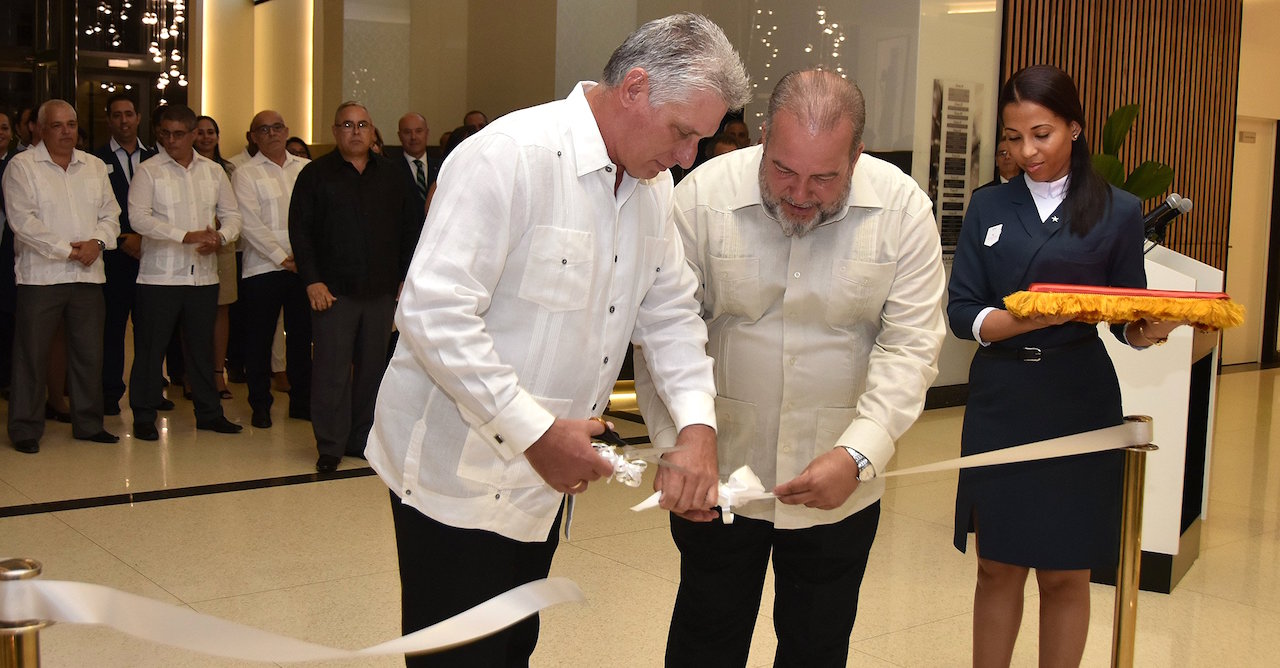Perhaps more serious than the failures to implement plans for the Cuban economy in 2019 was the accretion of lingering problems that the authorities are still unable to solve, ultimately confirming the unfeasibility of the political system under which the island languishes.
And there were some serious failures. Among them was the shortfall in the number of foreign tourists expected, which affected the government's weak external finances; the insufficient revenue captured for the budget, a reflection of the country's anemic retail trade circulationX, due to the shortage of essential goods; the failure to reach the goal set for the production of construction materials; as well as the decline in the production of food items in high demand, such as pork, with a deficitX of around 20,000 tons.
However, many analysts would stress anomalies that have already metastasized in the economy, such as the theft of fuel at state entities, the chain of defaults in the business sector, and deficiencies in the internal port-transport-economy nexus.
As stated in recent sessions of the National Assembly of Popular Power, the actions taken to address fuel theft revealed 208 "irregularities," a euphemistic term concealing a phenomenon that, year after year, saps the official economy.
And what can be said about the string of defaults? It suffices to say that Mrs. Gladys Bejerano, Comptroller General of the Republic, was forced to concede that there are well-structured networks of business managers, specifically in commerce and cuisine, who illegally appropriate the cash collected, such that debts to suppliers cannot be paid.
She revealed that at the end of the year more than 50 million pesos are owed to producers, undoubtedly a disincentive for those who manufacture the goods that society needs.
Another element that does not exhibit any improvement is the port-transport-internal economy nexus. Over the past year the country had to pay more than 15 million dollars for overstays by foreign ships. The deficient operational status of access roads and internal transport at port facilities, as well as the inadequacy of the internal economy's storage capacity, persist.
All this being the case, Mr. Manuel Marrero was just appointed Prime Minister. In fact, this selection was met with surprise, as many felt that one of the most prominent deputy prime ministers –such as Ramiro Valdés, Roberto Morales Ojeda or Inés María Chapman– would be tapped. Marrero served as Minister of Tourism.
Such a choice may transmit a clear message: the power structure, rather than focusing its efforts on solving the old problems mentioned above, will devote its greatest efforts to boosting tourism.
That is, Mr. Marrero will orient the entire economy towards the development of the leisure industry. We should recall that the plan for 2020 envisages the arrival of half a million foreign visitors, more than the figure in 2019.
Such a titanic struggle to promote tourism in order to resuscitate the economy through the entry of foreign currency permits another reading between the lines: the major damage to the government's coffers done by the flight of Cuban doctors from Brazil, Ecuador and Bolivia.
Of course, we cannot overlook the fact that Marrero Cruz has always been one of Raúl Castro's favorite ministers.
